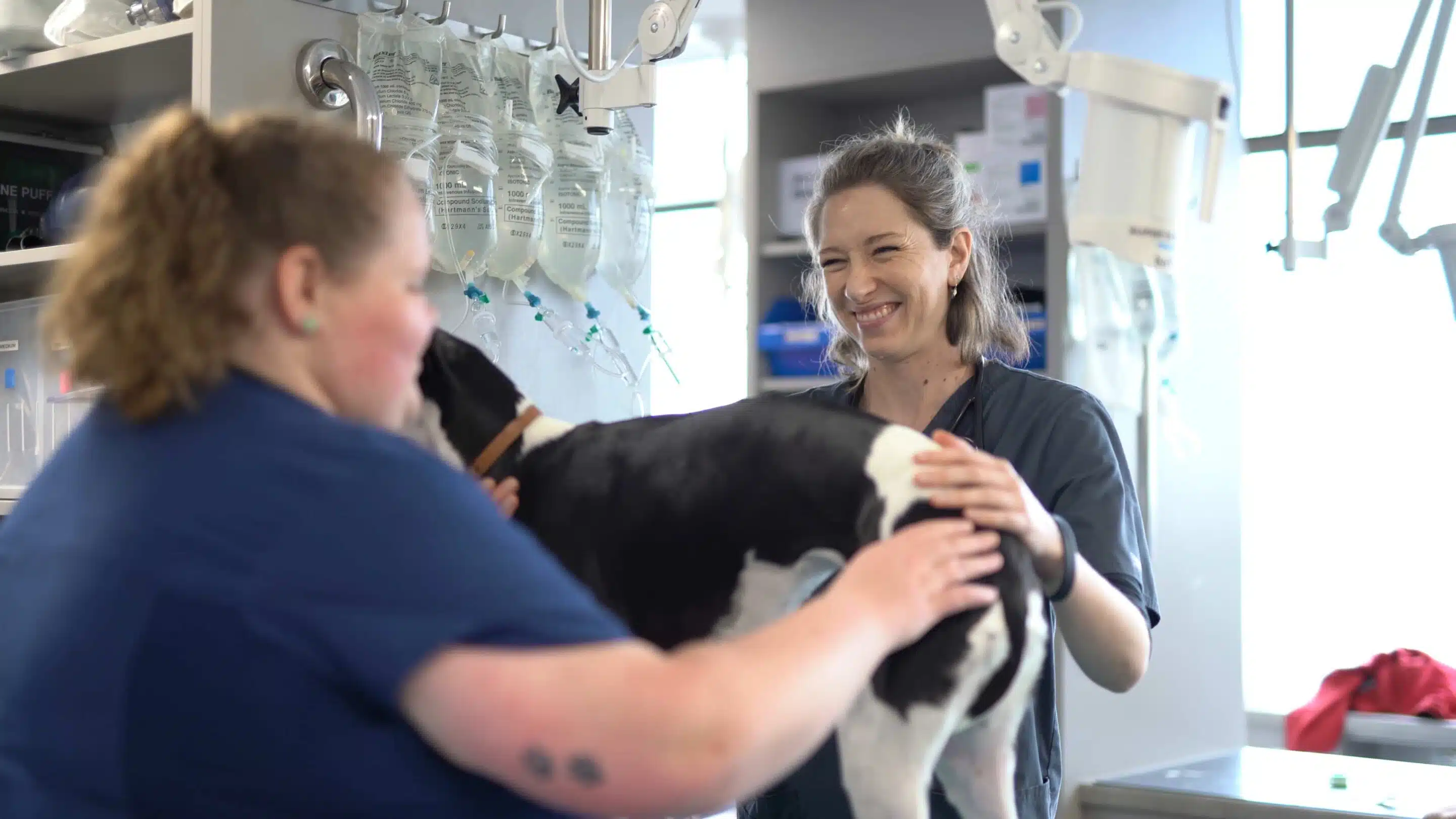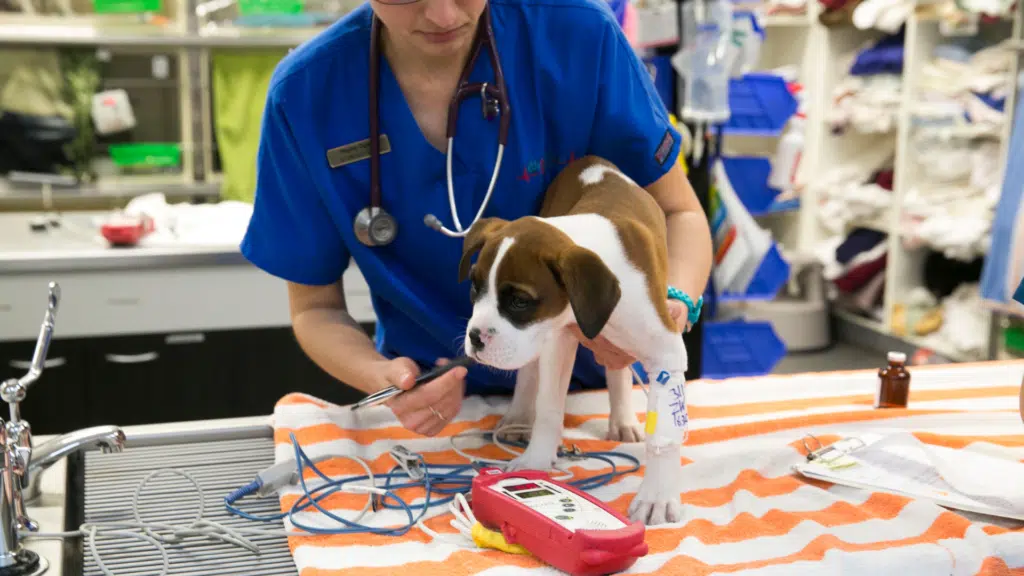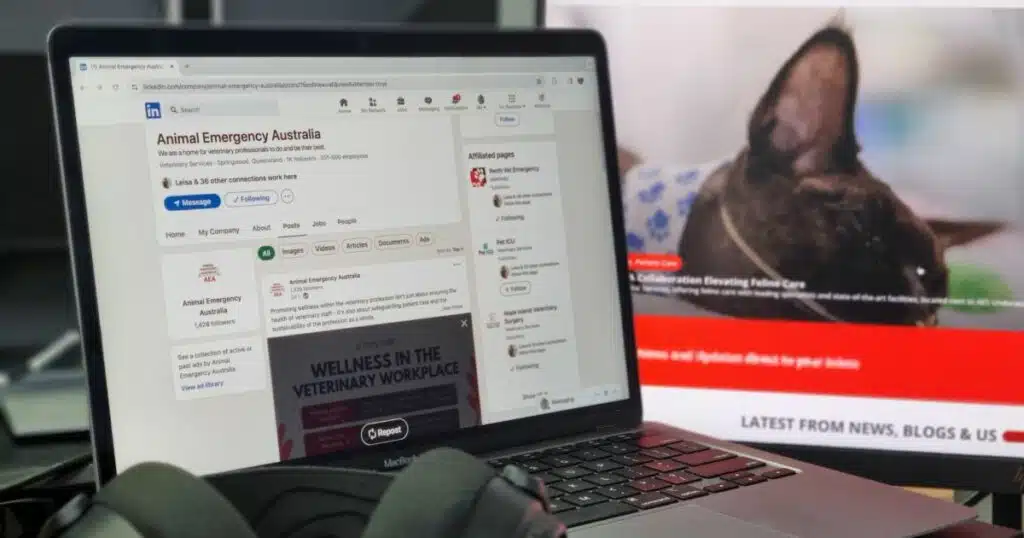As a veterinary professional, technical skills are essential for providing high-quality patient care. However, this is really just one piece of the puzzle for success in clinical practice. Skilled vets also dedicate time to developing a crucial set of vet soft skills, which are often just as important as technical or clinical expertise.
These vet soft skills, which can include communication, emotional intelligence, and self-care, are essential for building strong relationships with clients and your team. Developing soft skills allows you to provide exceptional care and service, all while looking after the most important individual involved in veterinary care: yourself.
What are soft skills?
Soft skills are personal attributes and traits that enable individuals to interact effectively with others, navigate challenging situations, and maintain balance and well-being in the face of stress and adversity. In the field of veterinary medicine, these skills are particularly important, as the work can be emotionally demanding. Despite focusing on the care of animals, veterinary work requires constant interaction with clients, patients, and team members.
Within the veterinary industry, there are 5 vet soft skills that are essential when working in clinic. These include:
- Communication
- Emotional intelligence
- Self-care
- Time management
- Self-confidence
In this article, we’ll discuss each of these vet soft skills in further detail and how they can provide value to your veterinary skillset in addition to developing your clinical skills. So read ahead and discover the 5 most important vet soft skills. You might even find that you’ve already been using during your veterinary career!
Vet Soft Skills #1 – Communication
Communication is arguably the most critical of all vet soft skills, and is essential for building trust and rapport with clients and for providing high-quality patient care. Effective communication involves not just speaking, but also actively listening, understanding, and responding to clients and patients.
One of the key aspects of communication in veterinary medicine is the ability to clearly and concisely explain medical information to clients in a way that is easy for them to understand. This may involve using visual aids, such as diagrams or models, as well as plain language, and avoiding technical jargon. By clearly communicating information about a patient’s condition and treatment options, all veterinary professionals can help clients make informed decisions about their pet’s care.
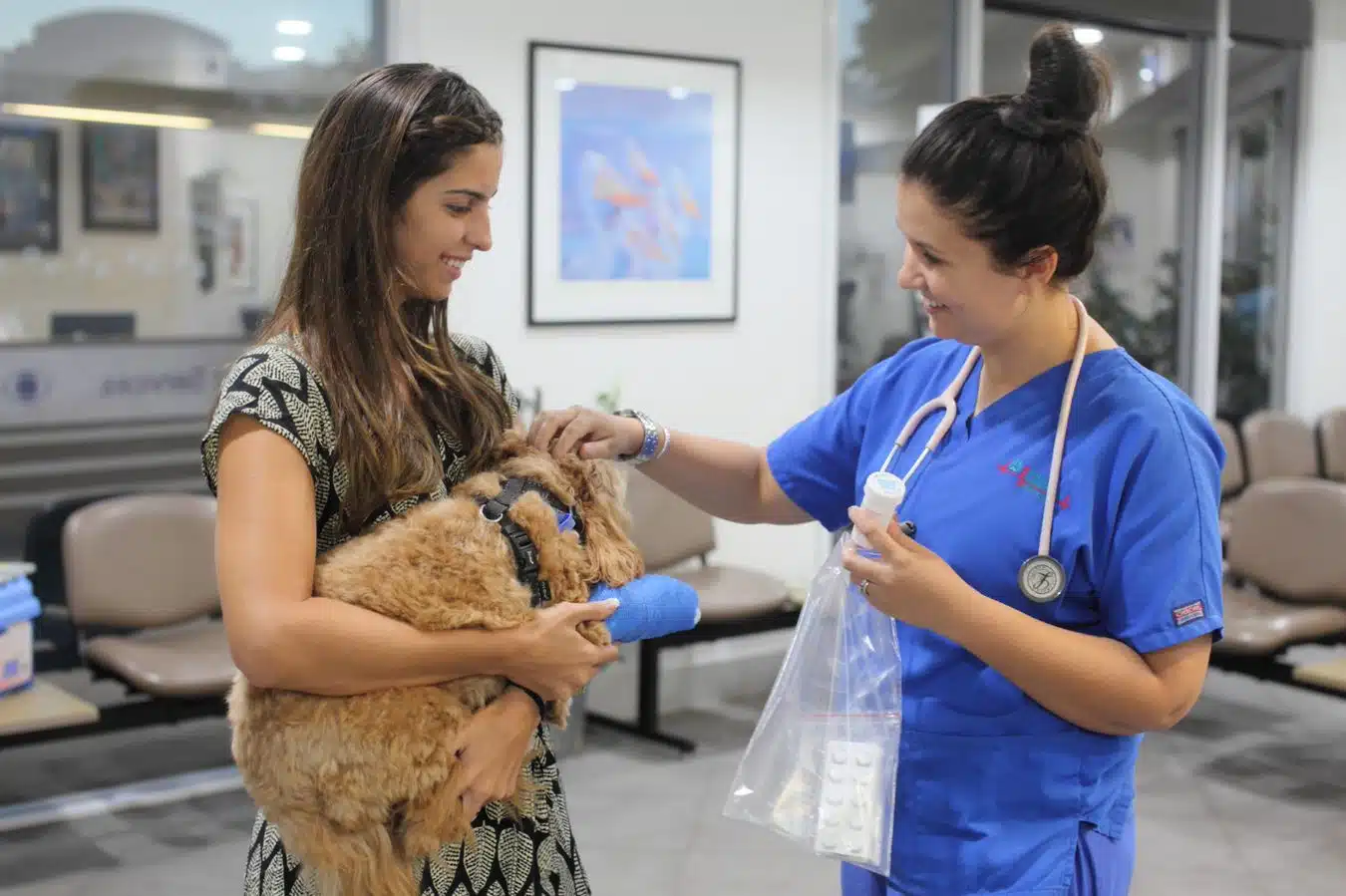
Why is communication so important?
Developing effective communication is important for building strong relationships with colleagues and team members, as all clinics rely on cohesive teams. This involves being able to effectively delegate tasks, provide feedback, and resolve conflicts. By developing strong communication skills, veterinary professionals can foster a positive and supportive work environment, and will be able to work more effectively as part of a team.
Another important aspect of communication in veterinary medicine is empathy and compassion. This involves being able to understand and respond to the emotions and concerns of clients, and to provide support and guidance during difficult times. For example, when a pet is critically ill, veterinary professionals need to have difficult conversations with clients about euthanasia and end-of-life care. Being able to communicate with empathy and compassion can help to ease this process.
Overall, communication is a vital soft skill for veterinary professionals, as it enables us to build trust and rapport with clients, provide high-quality patient care, and work effectively as part of a team. By developing and honing our communication skills, we can provide better care for their patients and build stronger relationships with clients and our veterinary colleagues.
Vet Soft Skills #2 – Emotional Intelligence
Emotional intelligence, or the ability to recognise and manage complex emotions, is one of the key vet soft skills for all veterinary professionals. Whether you’re working in client care, managing critical patients, or busy in the consult room, emotional intelligence is vital. Building your emotional intelligence will allow you to provide high-quality patient care and build strong relationships with clients and team members.
One of the main aspects of emotional intelligence in veterinary medicine is empathy. This involves being able to understand and respond to the emotions and concerns of clients, providing support and guidance during difficult times. For example, when a pet is critically ill or faced with an emergency situation, being able to still approach these stressful moments with empathy and compassion can be of great benefit.
Another important aspect of emotional intelligence is self-awareness. This involves recognising one’s own emotions, and understanding how they may impact others. By developing self-awareness, veterinary professions can avoid becoming overwhelmed by their emotions and can remain focused on providing the best possible care to their patients.
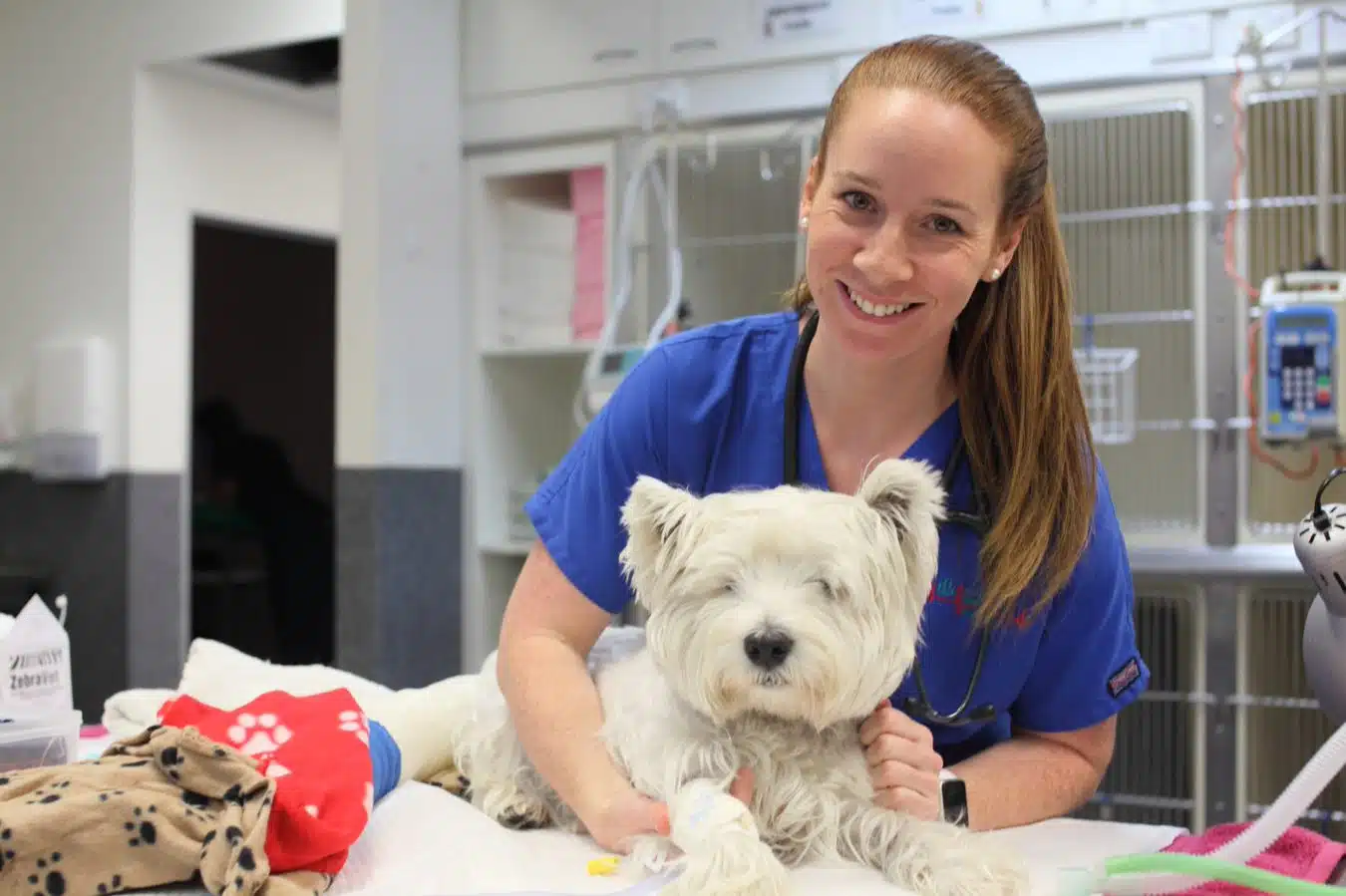
Emotional Intelligence in the Veterinary Setting
While empathy and self-awareness are two key factors, emotional intelligence also involves the ability to manage your own emotions. This includes the ability to regulate emotions, to respond appropriately to stressful situations, and to maintain balance and well-being in the face of adversity. This skill is particularly valuable for veterinary professionals working in emergency and critical care. By managing our emotions effectively, veterinary professionals can reduce the risk of burnout and maintain our focus on providing high-quality patient care.
Emotional intelligence is also important for building strong relationships with colleagues and team members. This involves being able to recognize and respond to the emotions of others, to resolve conflicts, and to foster a positive and supportive work environment.
As one of the essential vet soft skills, emotional intelligence enables us to provide high-quality patient care, build strong relationships with clients and team members, and maintain our own physical and mental well-being. By developing and honing our emotional intelligence skills, we can provide better care for our patients, and maintain a healthy work-life balance.
Vet Soft Skills #3 – Self-Care
Self-care is an essential soft skill for veterinary professionals, as it is crucial for our own maintaining physical and mental well-being, and for providing the best possible care to patients and clients. In such a giving profession, sometimes it’s not easy to focus on looking after yourself. But self-care involves taking proactive steps to care for your own health and well-being, and can include activities such as exercise, healthy eating, stress management, and taking regular time off.
Working in veterinary medicine can be emotionally and physically demanding, and it is important for veterinary professionals to take care of themselves in order to maintain their ability to provide high-quality patient care. For example, regularly exercising, eating a healthy diet, and taking time to manage stress, has been shown to improve energy levels, mood, and focus, and lower burnout.
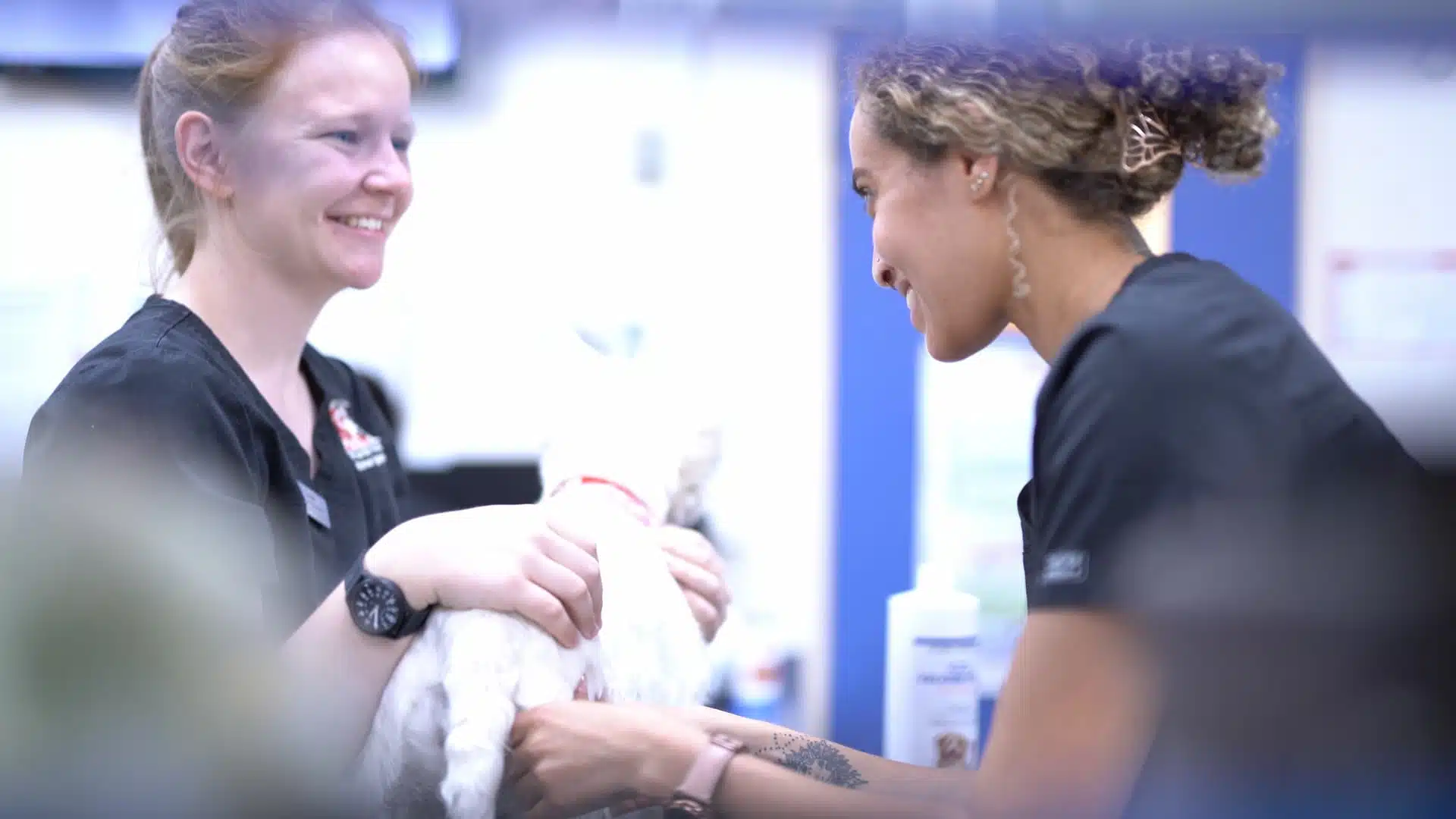
The Benefits of Self-Care
Self-care is also important for maintaining a healthy work-life balance, as it helps veterinary professionals to manage the demands of their work and personal life in a way that is sustainable and fulfilling. By taking regular time off and engaging in activities that bring us joy, we can avoid becoming overwhelmed and while at work can continue to maintain our focus on providing high-quality patient care.
In addition to benefiting our own well-being, self-care can also benefit the well-being of our clients and patients. When we take care of ourselves, we are better equipped able to provide compassionate, empathetic care to patients, and to respond effectively to the needs of clients.
To maintain your own physical and mental well-being both inside and outside of the clinic, self-care is a vet soft skill that you should regularly focus on. By making self-care a priority, we can ensure that our own well-being is put first so that we may better serve those who need our help and expertise.
Vet Soft Skills #4 – Time Management
Time management is a critical vet soft skill for all of us working in clinic simply due to the bustling nature of the work. Being able to manage our time efficiently enables us accommodate a growing demand for veterinary services while also balancing our professional and personal responsibilities outside of the workplace. Effective time management involves prioritizing tasks, delegating when required, setting realistic goals, and making the most of available time.
In veterinary medicine, there are often many demands on a veterinarian’s time, and it is important to be able to prioritize these effectively in order to provide high quality patient care. This may involve making decisions about which cases to prioritize (through the use of a triage system), or balancing competing demands such as client appointments, surgeries, and administrative tasks like history.
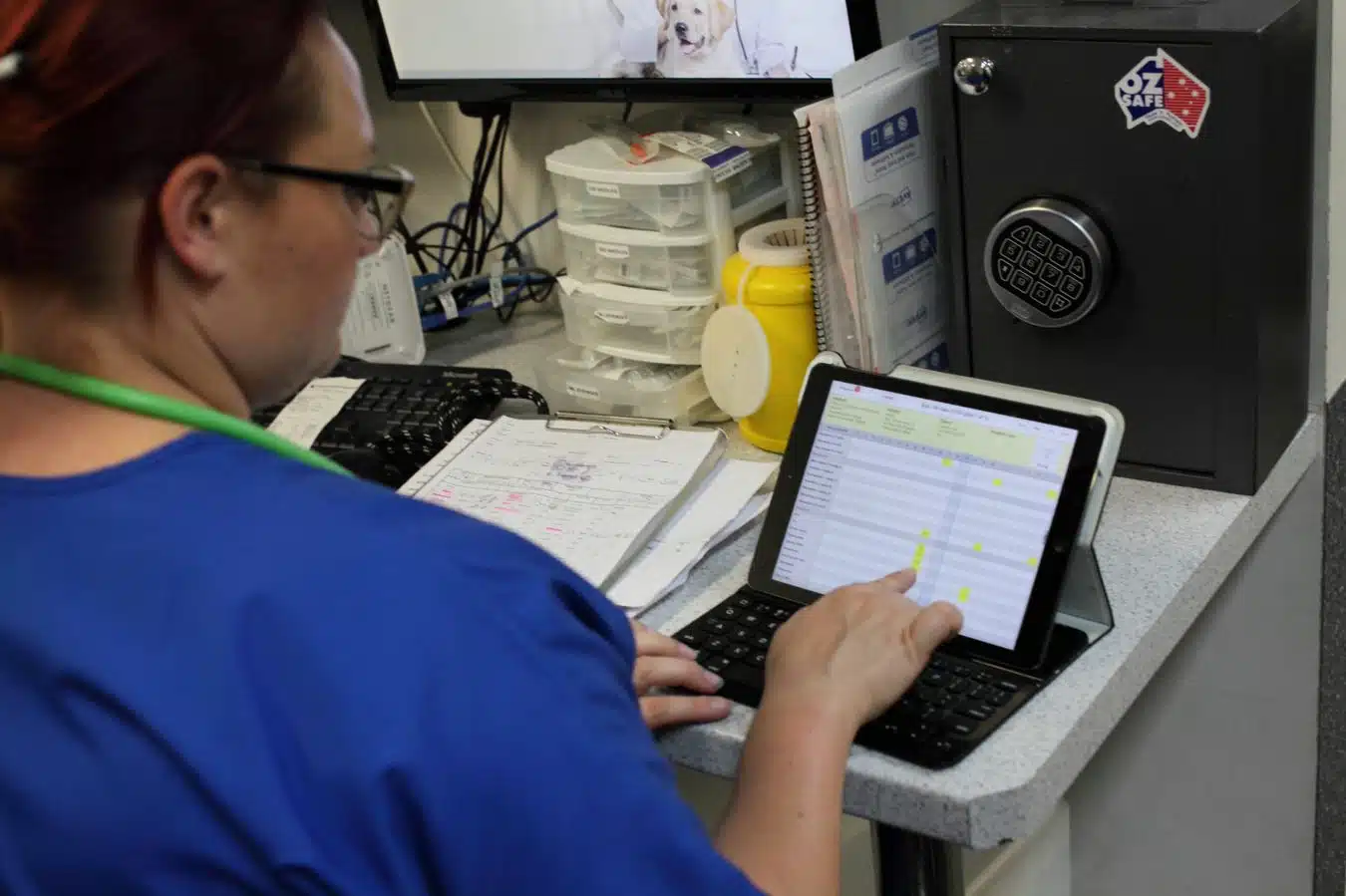
Time Management is More Than Just Working Quickly
Effective time management also involves setting realistic goals and working towards these in a focused and efficient manner. This may involve breaking larger tasks into smaller, more manageable parts, or using tools such as calendars, to-do lists, or time tracking software to stay on track.
In addition to improving patient care, effective time management can also help veterinary professionals to maintain a healthy work-life balance. By using time effectively, we avoid feeling overwhelmed and can ensure that we have sufficient time for personal activities, such as exercise, spending time with family, or pursuing hobbies that bring person satisfaction.
There’s no denying that time management is a key vet soft skill for veterinarians that can allow us to maintain a healthy work-life balance, and achieve our professional and personal goals. By developing time management skills, veterinary professionals can better serve patients and clients, and can achieve greater satisfaction through utilising available time to its fullest.
Vet Soft Skills #5 – Self-Confidence
Self-confidence is the final of our vet soft skills for veterinarians, and easily one of the most important. Being confidence in your abilities enables you to make decisions and take actions with certainty and assurance, even in challenging or unfamiliar situations. Self-confidence can be defined as your belief in your own abilities, qualities, and judgment, and is essential for success in veterinary medicine.
In veterinary practice, we are often faced with complex and difficult cases that require us to make important decisions and take action quickly. In these situations, self-confidence is essential, as it enables us to be able to trust our own judgment and rely upon our skills and experience. This can be challenging, especially if grappling with feelings of doubt or imposter syndrome, so building your own self-confidence over time will be highly beneficial.
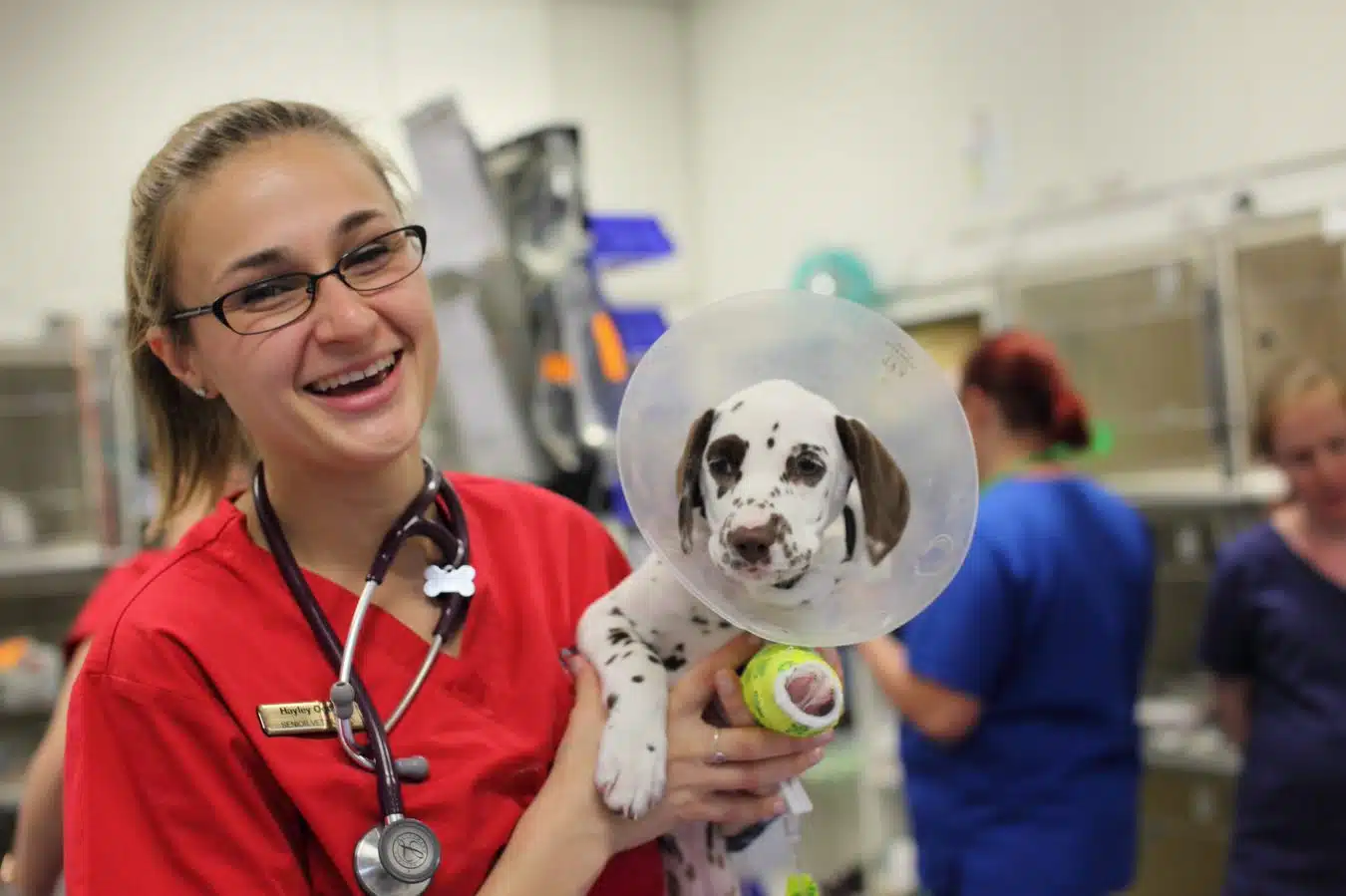
Why Self-Confidence is a Great Asset for Veterinary Professionals
In addition to improving patient care, self-confidence can also help veterinary professionals to grow professionally. By believing in our own abilities and qualities, we can take on new challenges, learn new skills, and seek out new opportunities for growth and development. Developing your self-confidence might mean trying out a new technique, exploring more advanced diagnostics, and even supporting your team during times when they don’t feel as confident.
Self-confidence can also extend beyond the clinic – with enhanced confidence often having more of a positive impact on our personal lives too. When we feel confident in our abilities and qualities, we’re are more likely to take calculated risks, pursue our goals, and achieve greater satisfaction and fulfilment in our personal and professional lives.
And one effective of the most effective ways to develop vet soft skills is through mentorship. An ideal veterinary mentor can provide guidance, support, and feedback as you work to develop these skills. A mentor can also serve as a role model, demonstrating effective communication, emotional intelligence, and even self-confidence in action. To discover how to enhance your vet soft skills through mentorship, read our guide on Everything You Needed to Know About Veterinary Mentorship.

